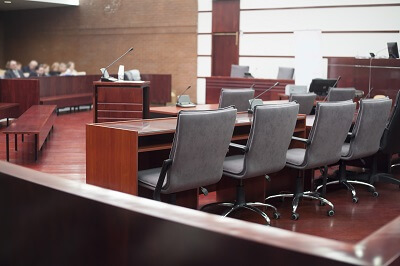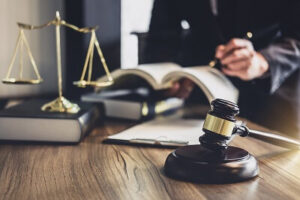
As a result of the national, uniform defamation laws, defamation trials are presided over by a judge alone, unless a party elects to have a jury empanelled under section 21 of the Defamation Act 2005, or the Court orders otherwise.
Section 21 also provides that juries are not to be used in defamation trials if there are an abundance of records that require examination, or if the trial requires a technical, scientific, or other specialist skills to be resolved.
In Wagner v Harbour Radio Pty Ltd1, the Defendants had elected to have a trial by jury. The Plaintiff’s made an application to the Court to dispense with the jury which was successful. In that case, there were 32 alleged defamatory publications and 98 defamatory imputations. In addition to that there was expert scientific evidence from hydrologists to consider. In reaching his decision, the Court held that the role of the jury is required to understand and appropriately assess what the ordinary, reasonable reader would understand the publications to mean. The jury is required to determine questions of fact by understanding and examining all the circumstances in which the Plaintiff’s reputation may be injured.
What are Juries and Why do we have them?
Juries are considered to be representatives of the community in a way that judges are not2. The purpose of having a jury trial on defamatory meaning is to attempt to get a response from the jury which would approximate, more closely the response of the original audience, thereby hopefully getting a better reflection of the ordinary, reasonable reader’s (or listener’s) response3.
Defamation matters can also be tried in the Federal Court of Australia if they involve federal law matters. The Federal Court has the power to order a trial by jury even though it is very rare. The first time that a jury trial was ordered in the Federal Court of Australia was in the case of Ra v Nationwide News Pty Ltd4. However, the matter subsequently settled prior to trial. In Ra, Justice Rares stated at paragraph [19]: “One of the great virtues of having a jury try the substantial factual issues in a defamation action is that they represent the very audience to which the defamatory publication was addressed.”
How many Jurors do they Need?
The number of jurors at a defamation trial, differs depending upon which State or Territory the trial is being conducted in. In civil proceedings, the number of jurors are a lot smaller than in criminal proceedings. In Queensland and New South Wales, the number of jurors is four (4), in Tasmania there are seven (7), in Victoria and Western Australia there are six (6). The difference is that in New South Wales if, after four hours of deliberating, the jurors fail to reach a verdict, the Court will accept the decision of three out of four jurors. Juries are not available for civil trials in South Australia, Northern Territory, and Australian Capital Territory5.
Section 22 of the Defamation Act 2005 provides for the roles of judicial officers (judges) and juries in defamation trials. It relevantly provides as follows:
22(2) The jury is to determine whether the defendant has published defamatory matter about the plaintiff and, if so, whether any defence raised by the defendant has been established.
Subsection 22(3) goes on to state that it is for judicial officers to assess awards of damages in defamation trials.
In other words, juries are used to determine factual issues that arise while judges determine the law and amount of damages to be awarded in defamation trials.
Contact Harris Defamation Lawyers
If you have been accused of publishing a defamatory statements or you have been accused of defaming someone else, contact Harris Defamation Lawyers for a fixed-fee consultation to discuss your legal rights and options.





